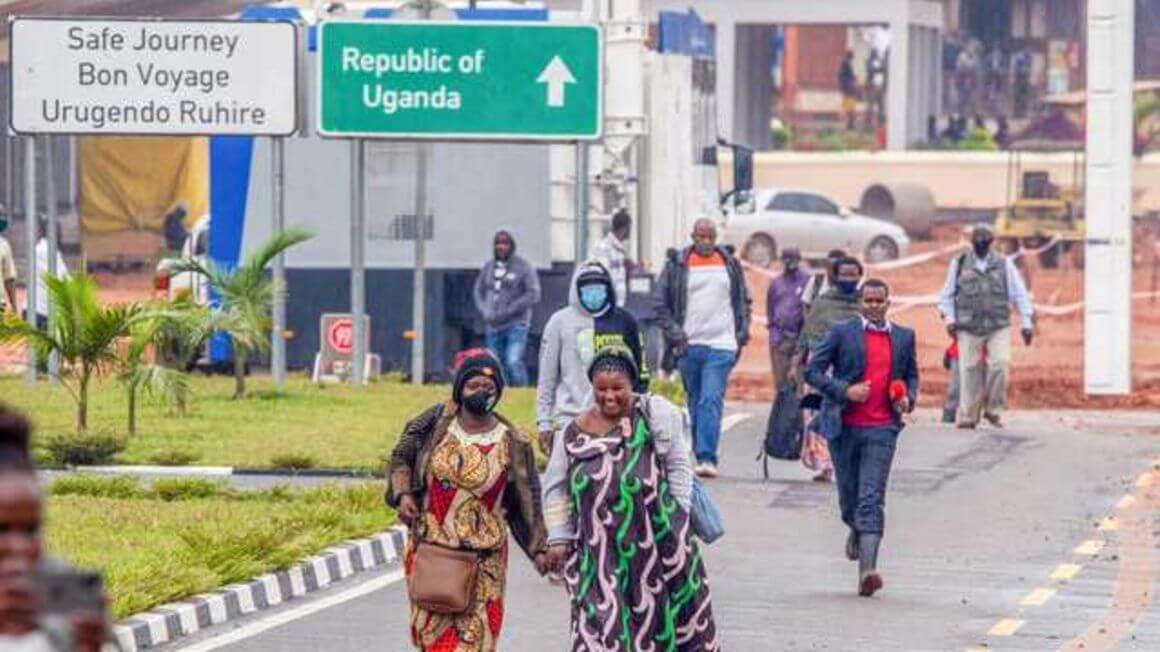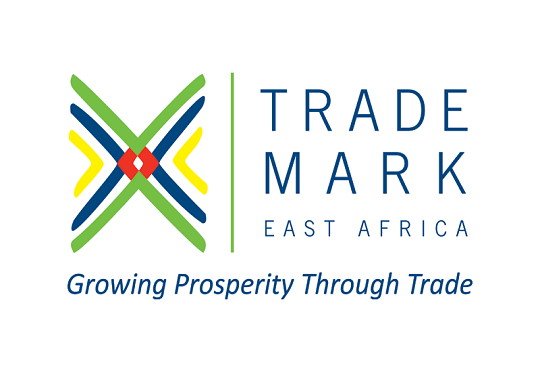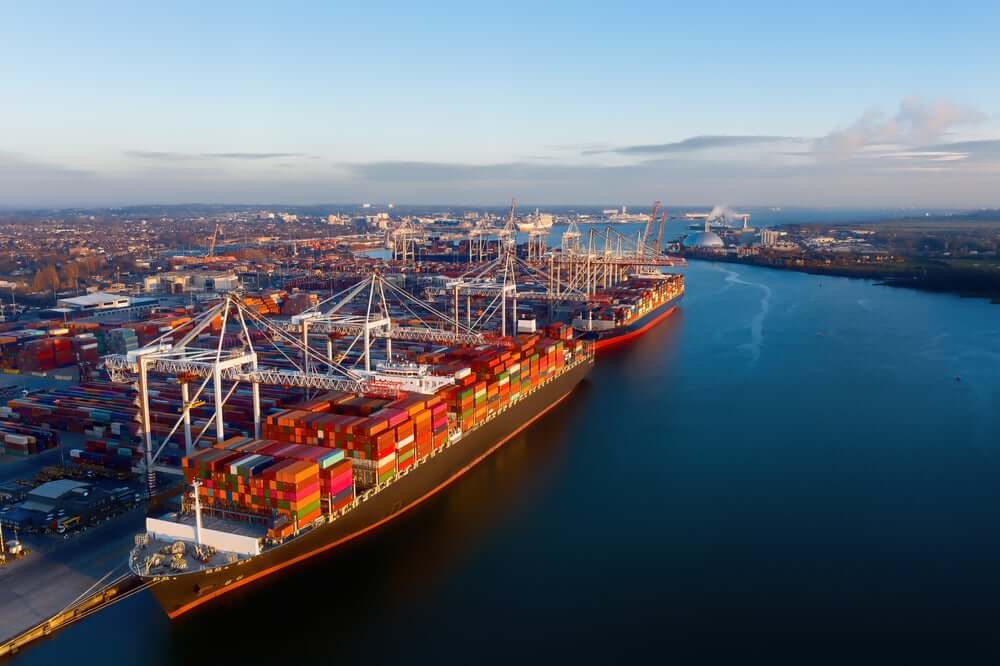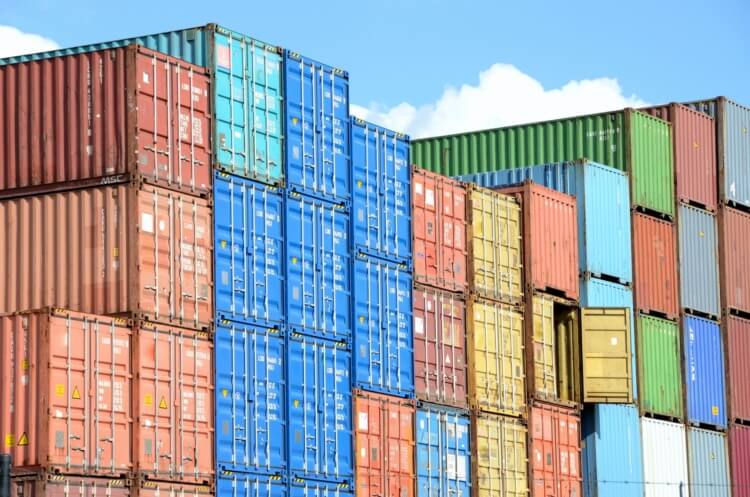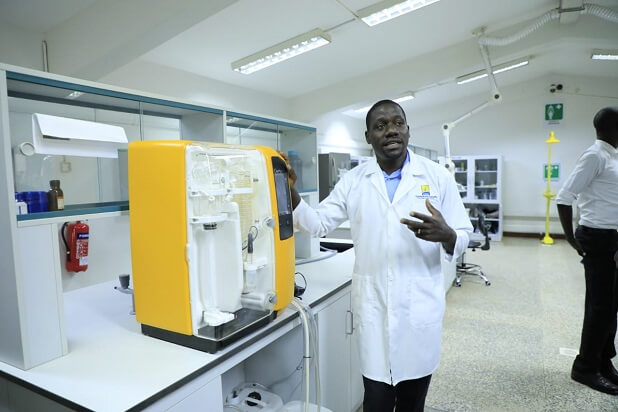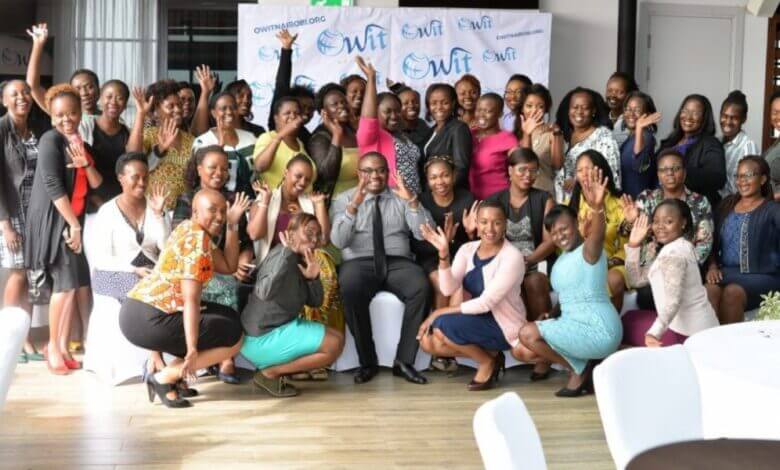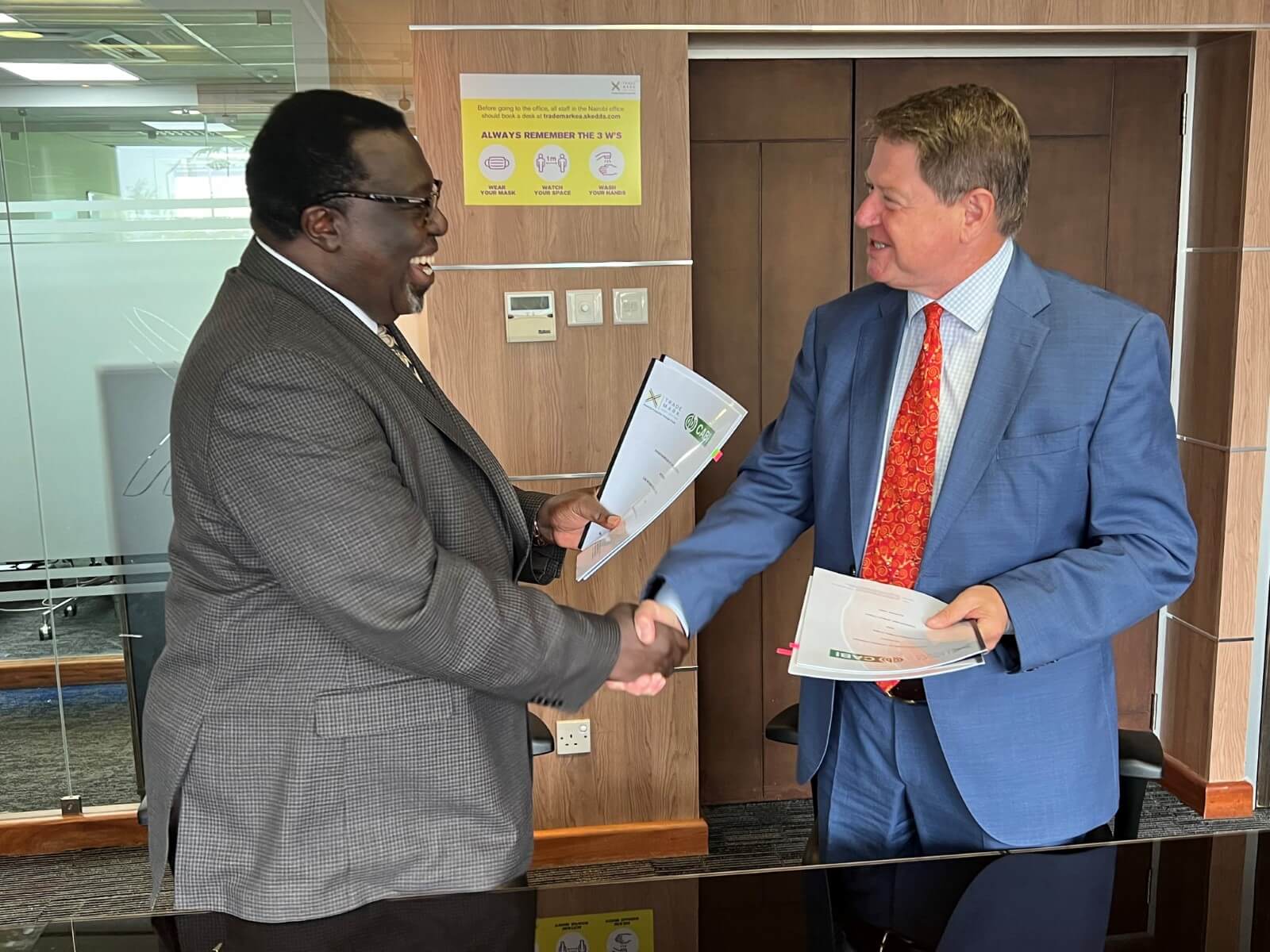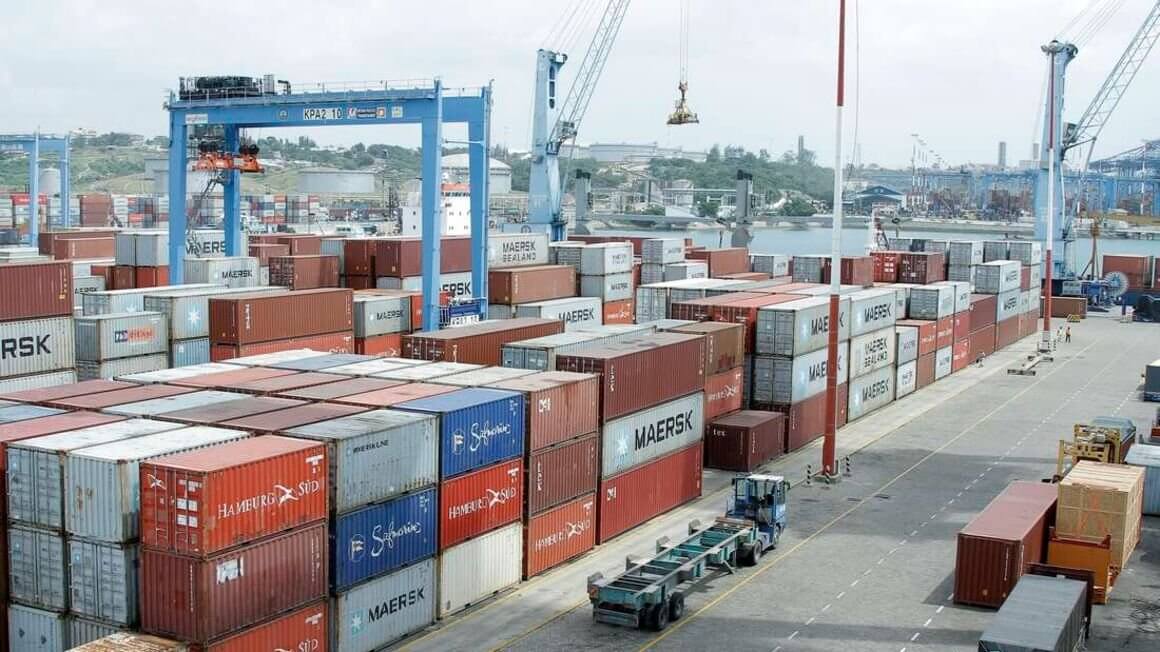The African Continental Free Trade Area (AfCFTA) is building a fund and drafting a protocol to ensure participation of more women and youth in trade. This week, AfCFTA Secretary General Wamkele Mene said the fund, created through the Afreximbank and known as the AfCFTA Adjustment Facility, will be used to cushion countries from short-term revenue losses once they lift tariff barriers for cross-border trade. The tariffs, which include licences, permit fees and taxes, have been cited among the challenges limiting free trade, and the participation of women and youth. This is besides access to credit, market information and infrastructure. Some $1 billion has already been raised towards the facility: AfCFTA says the target is between $7 billion and $10 billion, reflecting just how important lifting the protectionist policies will be for trade to thrive. “Young Africans are at the cutting edge of technological advancements. We will be making a catastrophic mistake if we don’t include these important segments of our society in the implementation of this agreement,” Mr Mene said. The facility will be boosted by the African Trade Gateway, a digital platform “that will provide market and due diligence information about your counterparts, including the rules of origin, Customs procedures, as well as payments transfers platform”, he added. The AfCFTA is supposed to harmonise policies, seeing that 70 percent of informal trade in Africa is carried out by women. Mr Mene said small and medium enterprises by women contribute 60 percent of Africa’s GDP, creating 450 million jobs. The...
AfCFTA moves to pull women and youth into trade with new protocol
Posted on: September 26, 2022
Posted on: September 26, 2022

